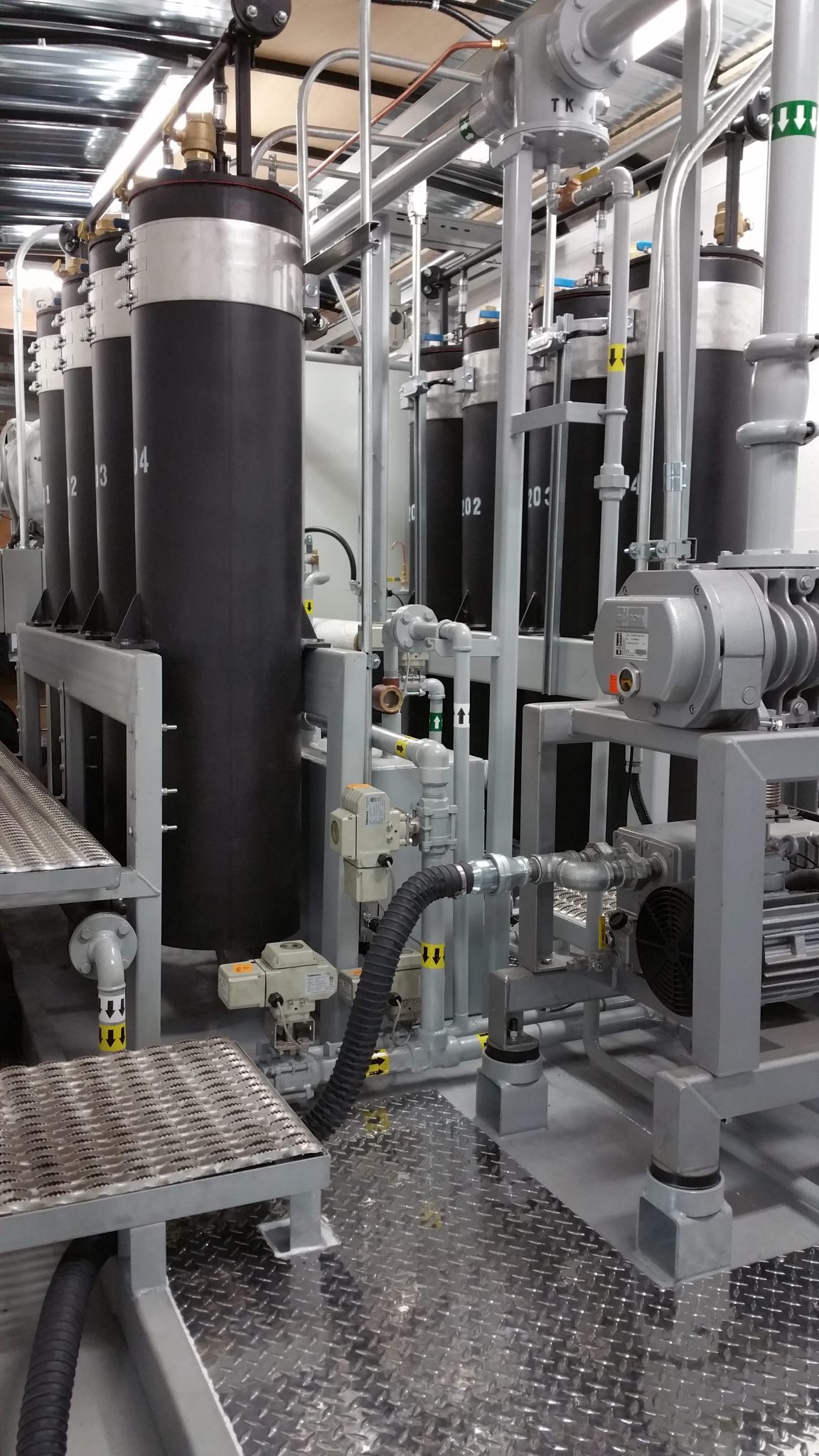Why Regenerated Transformer Oil Is Important for Reliable Power Solutions
The critical function of regenerated transformer oil in guaranteeing the dependability of power systems can not be overstated. By recovering the oil's integral chemical and physical residential properties, the regrowth procedure substantially enhances its dielectric toughness and thermal efficiency. This not only stops the probability of insulation failings however also adds to the durability and efficiency of transformers. As we discover the diverse benefits of this practice, the implications for both functional costs and ecological sustainability ended up being increasingly evident, raising crucial concerns about exactly how these factors interaction in modern electrical framework.
Value of Transformer Oil
Transformer oil plays a crucial function in the reliable procedure of electric transformers. This specific oil offers numerous functions, mostly as an insulator and coolant, making certain the reliable and safe performance of transformer systems. Its dielectric residential properties protect against electrical discharges, hence securing the stability of transformer components. By supplying thermal conductivity, transformer oil dissipates heat created during electric procedure, which is crucial for preserving optimal operating temperatures and extending the life expectancy of the devices.
Moreover, transformer oil acts as an obstacle versus dampness and air, which can bring about oxidation and degradation of transformer materials. The visibility of impurities in the oil can dramatically harm its shielding homes, leading to functional ineffectiveness and prospective equipment failure. Regular monitoring and maintenance of transformer oil are consequently essential to ensuring the proceeded performance of transformers.
The high quality and structure of transformer oil are critical, as they directly influence the dependability and performance of the electric systems in which they run. Understanding the importance of transformer oil is essential for sectors and energies reliant on durable power facilities, stressing the requirement for effective administration and regeneration procedures to maintain oil honesty in time.
Advantages of Regeneration Refine

Additionally, the regrowth process reduces the deterioration of oil, which can bring about increased oxidation and acid formation. This not only enhances the dependability of the oil yet likewise decreases the risk of transformer failures because of insulation failure. The boosted top quality of regenerated oil allows transformers to operate at optimal levels, ultimately resulting in enhanced power efficiency and decreased functional prices.
Additionally, the regrowth procedure adds to preserving the total wellness of the power system. Transformers can run longer without the need for oil replacement, thus decreasing downtime and maintenance initiatives. In recap, the regeneration process provides considerable benefits by enhancing the longevity and efficiency of transformer oil, ensuring that power systems run accurately and successfully gradually.
Ecological Effect and Sustainability
The regeneration process of transformer oil significantly alleviates ecological problems related to oil disposal and waste administration. Conventional disposal methods for used transformer oil posture significant dangers, including dirt contamination and water contamination. By regenerating oil, these risks are significantly minimized, as the process reuses existing sources rather than adding to squander buildup.
Moreover, regenerated transformer oil can be reused in numerous applications, which promotes a round economic climate. This not only decreases the requirement for virgin oil removal-- a process that can be environmentally destructive-- however likewise conserves natural resources. The regeneration process itself uses innovative filtration and filtration methods that remove unsafe pollutants, guaranteeing that the end product fulfills or exceeds market standards for performance and safety and security.

Enhancing Transformer Efficiency
Significant improvements in transformer performance can be accomplished via using regenerated transformer oil. This oil, produced through sophisticated filtration procedures, considerably visit improves the electric insulation homes of transformers. By eliminating contaminations and impurities that generally endanger performance, restored oil ensures exceptional dielectric toughness, lowering the risk of electric failures.
Additionally, regenerated transformer oil displays improved thermal conductivity, which helps with effective warm dissipation. This characteristic is important for keeping optimum operating temperature levels, thereby prolonging the life expectancy of transformers and lessening the likelihood of overheating - Regenerated Transformer Oil. Boosted thermal monitoring additionally adds to the overall dependability of power systems
Moreover, the chemical security of restored oil prevents the development of corrosive acids and sludge, which can detrimentally influence transformer elements. By preserving a cleaner internal setting, this oil lessens maintenance needs and expands solution intervals.
Cost-Effectiveness and Efficiency
In regards to cost-effectiveness and effectiveness, regrowed transformer oil presents an engaging explanation option to conventional oils. The regrowth process not just eliminates pollutants but likewise restores the oil's initial buildings, prolonging its functional life expectancy. This longevity converts right into reduced frequency of oil replacement, thereby decreasing operational expenses over time.
In addition, making use of restored oil can substantially decrease power losses connected with ineffective insulating fluids. Its superior dielectric residential properties guarantee optimum performance, improving the integrity of power systems. As a result, services take advantage of lower upkeep prices and decreased downtime, promoting an extra efficient operational atmosphere.

Final Thought
Finally, the regrowth of transformer oil plays a crucial function in making sure the integrity and efficiency of power systems. By restoring the vital chemical and physical residential or commercial properties of the oil, this process boosts dielectric toughness and thermal conductivity, ultimately lowering the danger of insulation breakdown. Moreover, the ecological advantages connected with reusing sources add to sustainability initiatives, while cost-effectiveness and enhanced performance highlight the requirement of using regenerated transformer oil in modern-day electric framework.
Transformer oil plays a crucial function in the efficient operation of electric transformers. Routine surveillance and maintenance of transformer oil are for that reason vital to making sure the continued effectiveness of transformers.
The regrowth procedure of transformer oil substantially minimizes environmental concerns linked with oil disposal and waste monitoring. By extending the lifecycle of transformer oil, the energy and sources commonly consumed in producing brand-new oil are substantially decreased.Significant renovations in transformer efficiency can be achieved via the usage of regenerated transformer the original source oil.